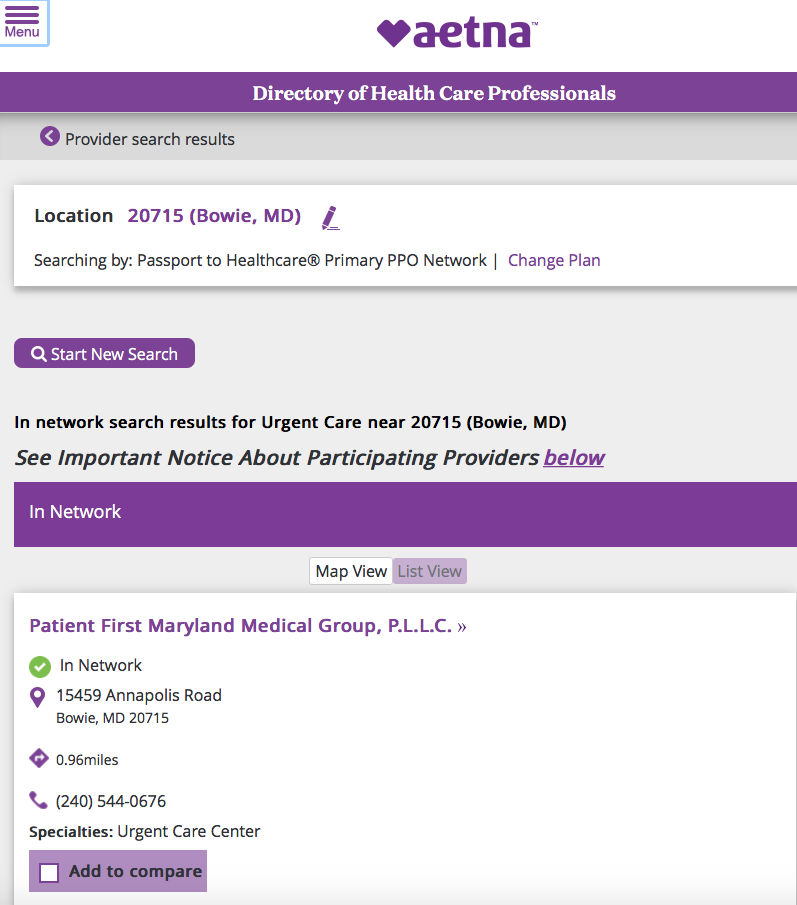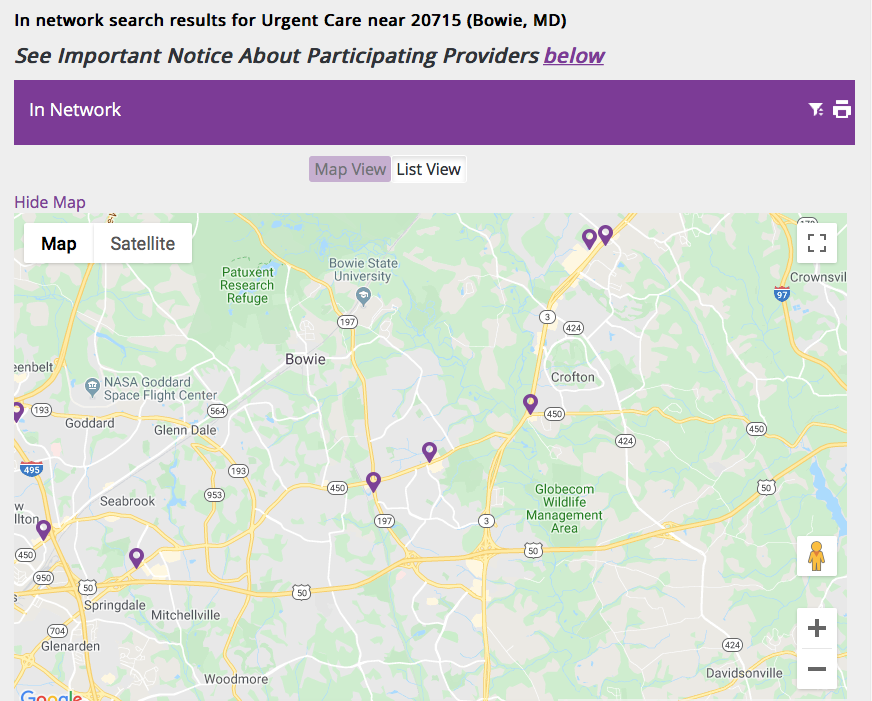 Au pairs are required to complete 6 credits or 7.2 CEUs or 72 or more hours.
Au pairs are required to complete 6 credits or 7.2 CEUs or 72 or more hours.
EduCare Companions are required to complete 12 credits or 14.4 CEUs or 144 or more hours.
You may take credit or non-credit classes from an accredited college. Look on the right side of this page under “Education Options” for accredited schools in our cluster area. If you want to take a class at a school not listed here on my blog, please check with me first to make sure it is accredited. Otherwise, it would not count toward your education requirement.
Your host family will pay an education allowance to assist you in completing your education requirement. Au Pairs education allowance – $500, EduCare education allowance – $1000
There are ways to get your credits for just your education allowance, but it will not give you a lot of choices. Normally au pairs will contribute some of their own money ($200+) towards their education.
The APIA Advantage UCLA Course is the only State Dept. approved class with an online component. No other online classes are accepted.
Note: Au pairs are allowed to take one weekend course for up to half their education requirement per contract year. The Department of State views our program as a cultural exchange experience and an au pair going to a campus over the length of a semester alongside her American peers facilitates this while promoting the spirit of the program.
Photo: CollegeDegrees360




 The winter has it’s own kind of beauty, but when the days are short and it’s cold outside, some people feel less energetic or even sad. The cold weather can make you feel like staying indoors. For some au pairs, those conditions can cause homesickness to resurface.
The winter has it’s own kind of beauty, but when the days are short and it’s cold outside, some people feel less energetic or even sad. The cold weather can make you feel like staying indoors. For some au pairs, those conditions can cause homesickness to resurface.